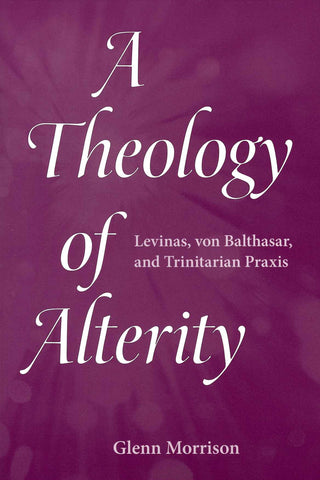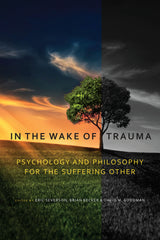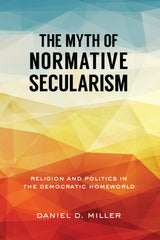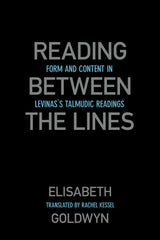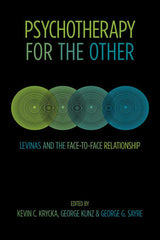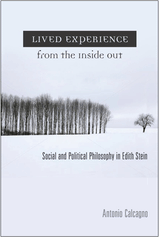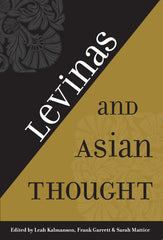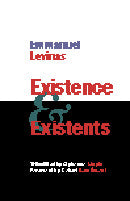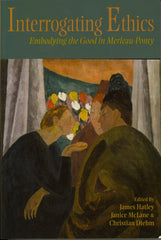A Theology of Alterity: Levinas, von Balthasar, and Trinitarian Praxis
Glenn Morrison $30.00Published in 2012 | ISBN: 978-0-8207-0460-9
Reviews:
"I am convinced that with this work Morrison offers a substantial contribution to the conversation between the Jewish thinker, Emmanuel Levinas, and Christian theology, which not only is distinct from what other thinkers have presented, but also goes farther and is more radical." – Roger Burggraeve, University of Leuven
Book Information:
For centuries, but especially under Heidegger's influence in the twentieth century, Christian theology has consistently approached its inquiry through the language of ontology and within the framework of Being. These attempts to find a rational way to articulate religious life and the mystery of God, making spiritual praxis secondary to theory, not only run the danger of reducing God to a set of propositions, but also risk condoning violent indifference to interhuman relations.
In response, Glenn Morrison suggests that Emmanuel Levinas's philosophical corpus, which puts into question Heidegger's fundamental ontology, can serve as a valuable resource for developing new theological language that unites theory and praxis. Building on previous attempts to appropriate Levinas to Christian thought, Morrison critiques thinkers such as Michael Purcell, David Ford, Michael Barnes, and Graham Ward for hesitating to go beyond ontotheology. A Theology of Alterity strives to more radically utilize Levinas's philosophical framework, bringing it into conversation with the theology of Hans Urs von Balthasar, to construct a post-ontotheological account of theology that coincides with ethical behavior. In looking at these two thinkers in relation to each other, Morrison brings out the drama of eros that is often hidden in Levinas's texts, and he points the way toward a less mystical, more ethical, and more metaphysically transformative reading of von Balthasar. In allowing Levinas's Judaism to challenge von Balthasar's Catholicism, Morrison develops a perspective that is both theologically rich and philosophically provocative.
Following Levinas's demand that we think Being 'otherwise,' Morrison explores the implications of alterity in both systematic and practical theological matters such as the paschal mystery, Christ's person and mission, pastoral care, mental health, forgiveness, prayer, and Jewish-Christian friendship. Reflecting on central articles of the Christian faith through the language of alterity, such as Christ's death and resurrection, he describes the work of an ethically grounded theology that inspires a 'trinitarian praxis'; wherein theology is driven by a kenotic, self-giving love, a radical gift of passivity, and the desire to encounter Christ in the face of the other person.
Author Information:
GLENN MORRISON is senior lecturer in theology at the University of Notre Dame Australia in Fremantle, where he teaches courses in systematic and pastoral theology. During the fall semester of 2012, he was visiting professor of theology at the University of Portland (Oregon). Morrison's work has previously appeared in a number of journals, including the Heythrop Journal, Irish Theological Quarterly, Journal of Ecumenical Studies, and the Australian eJournal of Theology. He is also chairperson of the Council of Christians and Jews Western Australia.

